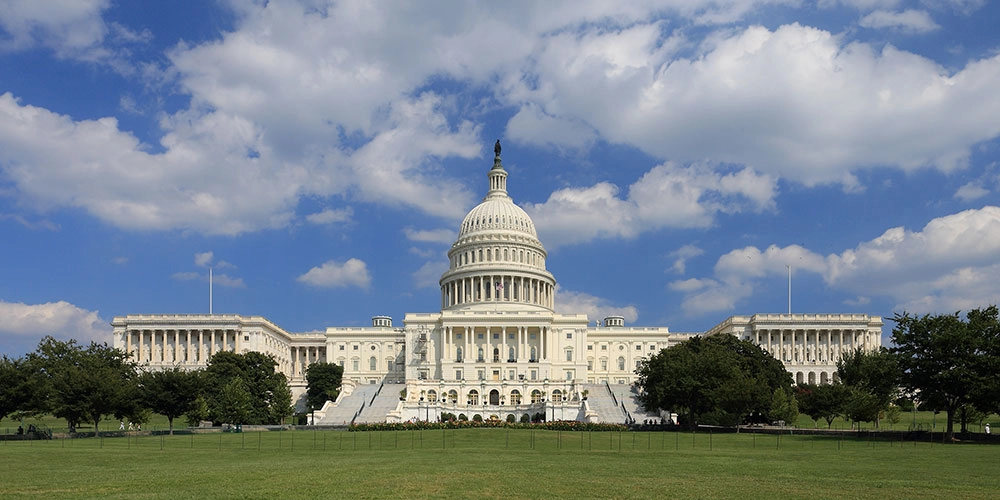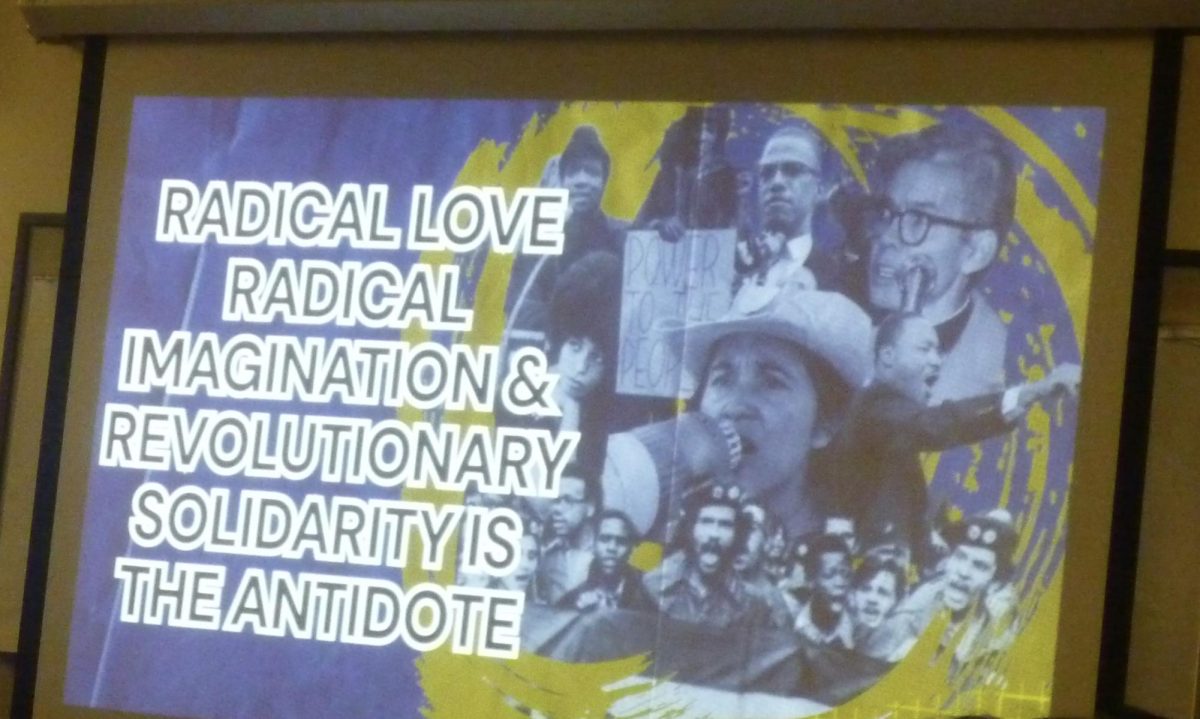By Kassondra Granata
According to The American Nonsmokers’ Rights Foundation, there are at least 466 U.S. colleges and universities that have 100 percent smoke-free campuses.
Chemistry professor Guy Crundwell wants CCSU to join this recent trend and has brought up the possibility of making CCSU a smoke-free campus countless times. He is still not getting the outcome he desires.
“The American Cancer Society and the Surgeon General have a simple message,” Crundwell said. “There is no level of tobacco exposure that is risk free.”
According to the National Cancer Institute website, secondhand smoke is a combination of sidestream smoke, which is the smoke that is burning off of the tobacco product and mainstream smoke, which is the smoke that the smokers inhale.
When a non-smoker is around a smoker, they are both equally inhaling the same amount of cancer causing chemicals. According to the Surgeon General, cigarette smoke has more than 4,000 chemical compounds with 250 known cancer-causing chemicals such as hydrogen cyanide, carbon monoxide and ammonia.
Aware of these factors, Crundwell is concerned for the well-being of the students at CCSU. After taking this debate to the Faculty Senate more than once, they issued the infamous 25 feet rule where it states that a smoker must stand 25 feet away from any opening to a building when they smoke, or 50 feet away from some residence halls. Even though this rule is in effect, Crundwell believes that it is not enough.
“It’s not being enforced,” said Crundwell. “If you’re walking across campus you may follow some group of people all the way from Copernicus to Davidson in trails of smoke. The general idea isn’t working, and even if it was, it still is hazardous and isn’t good enough.”
Some students believe that banning smoking on campus would infringe on their individual rights.
“Smoking is a freedom that every person has the legal right to do after the age of 18,” says Jamie Elander, a CCSU sophomore who is a smoker. “Take that right away and it’s a slippery slope to taking away more of our rights. However, there is no place on campus to smoke indoors. Therefore, if someone is bothered by a smoker it’s as simple as walking ten feet away to solve the issue.”
The NCI says that the only way to fully protect non-smokers from secondhand smoke is to completely eliminate smoking in indoor spaces. Several laws have been introduced that restrict smoking in public places such as schools, hospitals, airports, bus terminals, parks and beaches.
Rebecca Samela, a junior and non-smoker, said that “People can go outside and have their little smoking circles with each other, but if you are walking around campus while smoking blowing smoke in my face, that’s when it bothers me.”
Bryanna Mead, a smoker and a sophomore at CCSU, also followed the concept of individual rights concerning the matter.
“Ridiculous,” said Mead. “It’s legal for us to smoke at 18 and this is our home here on campus. If were allowed to do it by law, why can’t we do it where we live?”
It is well known that contact with secondhand smoke can cause cancer. Inhaling secondhand smoke can cause lung cancer in non smoking adults. According to the NCI, approximately 3,000 lung cancer deaths each year in young adults are caused by secondhand smoke.
“Exposure to secondhand smoke can increase risk of a heart attack today,” said Dr. Christopher Diamond, director of Health Services at CCSU for over a year and a half.
The NCI also says that secondhand smoke increases the risk of breast cancer, nasal sinus cancer, cavity cancer, risk of leukemia and many other dangerous ailments. Secondhand smoke is said to cause 46,000 heart disease deaths per year.
Diamond, aware of this proposal, knows in the long run that it will not succeed in the end if approved.
“Bans do not work,” he proclaims. “I am not a fan of prohibitions. I think it hurts the individuals that are actually trying to get help from us if we ever propose this ban.”
“If you want to do this as a way to get people to quit smoking, it won’t work.” Diamond says. “It’s exactly the opposite. It makes it less likely to get people to quit.”
Diamond feels that the ban would not help the benefits of the smoker.
“Smoking for an individual is known as a coping mechanism, a negative coping mechanism. It allows you to deal with your current stressors and stressors of the day,” said Diamond. “It is an issue in my mind that if you deny people of their coping mechanism, it leaves them vulnerable to stress and other issues. In terms of students success there may be a student whose success will be limited from the ban. Although it is a negative coping mechanism and needs to be changed, we cannot deny that from an individual.”
Banning the smoking of tobacco products has been trending on college campuses around the country. The City University of New York banned smoking from all 23 of its urban campuses in January and starting in July of this year the University of Michigan will be joining the smoking ban trend as well.
In 2009, The Boynton Health Services of The University of Minnesota took a poll with results saying that their undergraduates had the lowest tobacco use since it was last taken in 1992. In an online poll conducted this February at the University of Georgia, results showed that students and faculty said that they wanted tougher restrictions on campus, many calling for an outright ban on tobacco on campus.
Although the ban has not been fully deliberated by the board or Faculty Senate, Crundwell is going to continue proposing the ban to the board and Senate.
“As long as they discuss the matter and vote on it, I’ll be happy,” said Crundwell.








ebergenn • Mar 16, 2011 at 12:04 pm
I think it's very important to protect people from second hand smoke. I am ideologically against prohibitions in public ares, however, especially when they disagree with state and federal laws. I would suggest the solution of designating smoking areas in various places on campus near dorms and academic buildings as well as the student center. This would alleviate the problem of people coming in contact with second hand smoke while walking to classes, and at the same time not make smokers feel dejected on their own campus. I think it's very important to consider all the people being affected when considering such issues.
dctviper89 • Mar 11, 2011 at 10:45 pm
It's not a matter of taking away rights, it's a fact that eliminating smoking will cause many students to quit, thus saving lives.